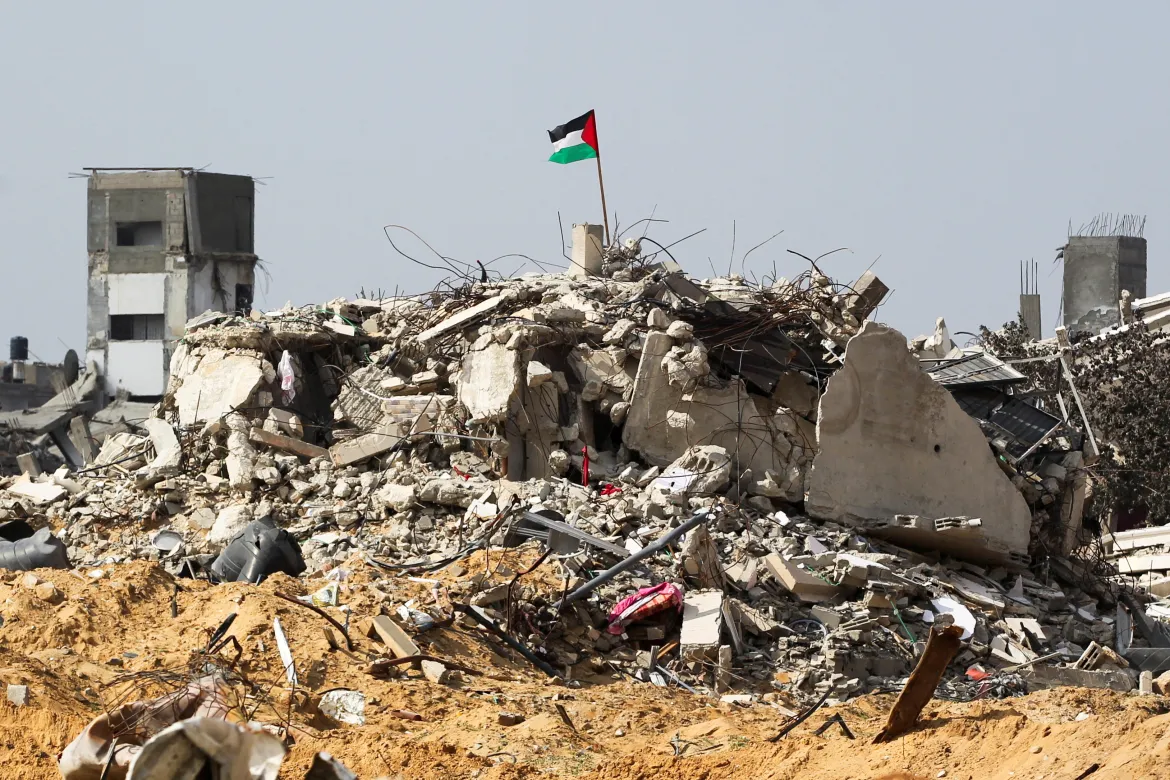Gaza’s Ongoing Humanitarian Catastrophe
The Gaza Strip is facing an unprecedented humanitarian disaster as Israeli military operations intensify, continuing a pattern of violence and oppression that has lasted for over 75 years.In the last 48 hours, Israeli attacks have killed more than 120 Palestinians, including civilians seeking essential aid.
Tragically, three additional Palestinians have died from starvation, bringing the total number of starvation-related deaths to 266, with 122 of the victims being children.
For decades, Palestinians in Gaza and the wider occupied territories have endured systemic violence, blockades, and displacement.
The current siege is the latest chapter in a conflict that has resulted in generational trauma, destruction of infrastructure, and widespread human suffering.
Starvation as a Weapon of War
Amnesty International and other human rights organizations have condemned Israel’s blockade and military tactics as deliberate strategies of starvation, amounting to war crimes and potentially genocide.Civilians report being denied access to food, clean water, and medical supplies.
Hospitals are overwhelmed, and families are forced to ration meager portions, leading to widespread malnutrition and preventable deaths.
Children, the most vulnerable segment of Gaza’s population, bear the brunt of this crisis.
Over 17,000 children are severely malnourished, with many succumbing to hunger-related illnesses.
Schools, hospitals, and shelters are overcrowded, and psychological trauma is widespread among young survivors.
Historical Context: Over 75 Years of Oppression
The violence against Palestinians is not new.For over 75 years, Israel’s military actions, occupation policies, and blockades have systematically oppressed Palestinians, resulting in repeated waves of displacement, killings, and deprivation.
From the Nakba in 1948—when over 700,000 Palestinians were forcibly expelled from their homes—to repeated military incursions in Gaza over the decades, the Palestinian people have endured decades of dispossession and state-sanctioned violence.
Current events in Gaza are a continuation of this historical oppression.
Families have lived under constant threat, with multiple generations witnessing destruction, loss, and trauma.
Despite numerous UN resolutions and international pleas for justice, the cycle of violence persists.
International Response and Ceasefire Efforts
The United Nations, World Health Organization, Red Cross, and other international aid organizations continue to call for an immediate ceasefire and unhindered access to humanitarian aid.Israel, however, has yet to respond to ceasefire proposals, leaving civilians trapped in a war zone with limited access to food, water, and medical care.
The ongoing siege has disrupted every aspect of daily life.
Food scarcity is rampant, hospitals are unable to treat patients adequately, and families are forced into overcrowded shelters.
International observers warn that without urgent intervention, the death toll—already devastating—will continue to rise.
Conclusion
The people of Gaza are enduring unimaginable suffering as starvation, military attacks, and systemic oppression continue.The humanitarian crisis is compounded by a history of violence that has lasted more than 75 years.
Immediate international action is required to:
- End the blockade and military assaults
- Ensure delivery of food, water, and medical supplies
- Hold accountable those responsible for war crimes and human rights violations
The world cannot remain silent as generations of Palestinians face death, starvation, and oppression.
Gaza’s crisis is a human catastrophe that demands urgent attention and decisive action.
Related News
- Israel has killed nearly 19,000 children in Gaza war as strikes intensify- Israel is Deliberately Starving Palestinians of Gaza as Part of a Genocide: Amnesty
- Tuesday in Gaza: Israeli Forces Kill 60+ Palestinians, 3 Die of Starvation
- 3 more Palestinians die of starvation in Gaza, death toll rises to 266

